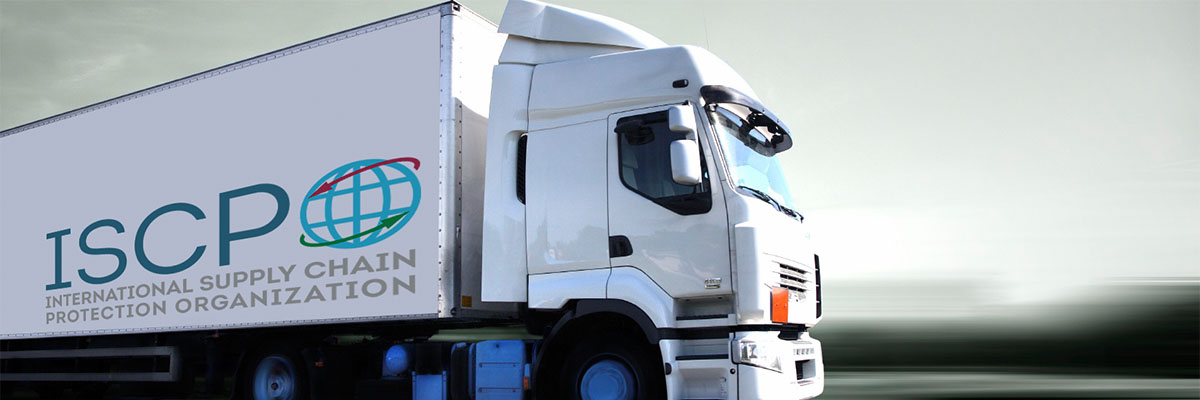Ask your carrier these three questions…
Businesses moving goods through their supply chain have two choices, transport it themselves or outsource it.
Transportation is typically one of the largest expenditures within a Supply Chain operation. Most businesses choose to contract out at least a portion of their delivery volume, allowing them to realize immediate savings from not having to maintain a fleet of vehicles, routers, dispatchers, DOT regulatory, driver recruiting, training, insurance, and a multitude of other costs. However, some degree of uncertainty with regards to cargo loss, damages and service deterioration are unrealized costs that must be contended with when relying on a third-party to transport your goods. While the decision to outsource is usually a no-brainer, the challenge for Loss Prevention professionals becomes how to best manage to this risk without increasing costs beyond operational savings.
Transportation leaders and their Loss Prevention counterparts should be equally focused on transport expense & performance. The difference however is that Transportation leaders are accountable to their organization for quality of service and invoiced expenses or “today’s costs” while Loss Prevention typically assumes risk mitigation tactics for cargo loss and other liabilities or “tomorrow’s costs.” Regardless of focus, both teams need to feel confident that their service providers can demonstrate competency in maintaining cargo integrity and performance. So how can service providers accomplish this?
Carriers listen up! There are usually 3 basic qualifiers to be considered “competent” or low risk by your clients.
1. What are the carrier’s industry certifications?
The first question businesses should ask a potential carrier is “What certifications do you have?” Achieving industry certification is a key competency in maintaining cargo integrity. Embracing industry standards benefits both the carrier and their supply chain clients. It’s essentially assurance that the carrier understands and practices proven prevention controls that when executed correctly will cause clients to trust that their deliverables are in good hands. Here’s why certification matters:
- It reduces carrier waste or non-operating costs when effective and efficient controls are practiced. Ideally a lower cost operator can pass the savings onto potential clients during an RFP.
- Carriers can stand confidently behind one set of industry standards that should address most client-specific security demands. Therefore, carriers and clients don’t need to re-create the wheel with proprietary checks & balances or adhoc requests.
- Overall, it improves audit compliance, reduces risk and minimizes losses for both the carrier and client.
There are many good Industry or Government certifications available, some of which include:
- ISCPO Carrier Security Audit Certification – www.ISCPO.org
- Good Distribution Practices (GDP) – Certification for pharmaceutical distribution
- Lowers & Associates Courier Certification Program – www.lowersrisk.com
- CTPAT: Customs Trade Partnership Against Terrorism – www.cbp.gov
- TAPA – Transportation Asset Protection Association – www.tapaonline.org
The ISCPO Carrier Security Audit Certification – International Supply Chain Protection Organization [ISCPO.org] has developed a free certification for the final-mile carrier which defines the standards most important to the client’s Loss Prevention department. The ISCPO has defined various security standards necessary to ensure the integrity of goods flowing through one’s extended supply chain. The Carrier Security Requirements is a document fundamental for all “final-mile” carriers and provides the standards most relevant to the losses suffered by businesses today.
2. Does the carrier have In-House LP Leadership?
Carriers need to invest in hiring a Loss Prevention head to evolve training, auditing and investigatory programs. The carrier must invest in capable personnel who are trained to prevent loss occurrences and reduce their impact should they occur. Too many times untrained or unexperienced personnel chase losses underground, only to see resurface again at a later time. This not only results in a significant waste of the carrier’s time and money but also frustrates clients. Without the experienced Loss Prevention practitioner to maintain vigilance, inadequate training and audit compliance comes at a cost too through unsustainability and repeat failures. By having in-house LP support, clients have trust that the carrier is committed to a culture of prevention and compliance. Client Loss Prevention teams come to rely on colleagues who speak the same language in terms of training, audit and investigation.
3. How does the carrier establish a culture of transparency and responsiveness when engaging with client issues?
Customer service is always a #1 priority with any client in any industry. It is critical that clients feel they have complete transparency in understanding how the loss occurred and appropriate corrective action plans. This goes hand-in-hand with having an in-house LP Practitioner as outlined previously but all too often operational or sales support may try to more positively spin the results of their investigation without addressing the true factors or controls that either failed or were never put in place. Clients expect accurate fact-gathering and reporting without omission while trying to respond back to their customers for the failed deliveries. In other-words, clients are accountable to their own customers in Ecommerce, Pharmacy, Banking, and other industries so carriers need to be cognizant of the end-customer demands for the products they’re delivering. This is a systemic issue in LP that spans all facets of the carrier’s business, from sales, technology, and logistics.
So the next time you are going through the RFP process, I strongly encourage you to speak to the above areas for optimal consideration. I know that I will be inquiring.
Wes Bank, LPC is the Director of Loss Prevention for DHL eCommerce, overseeing risk management, government regulatory, audit, investigations, and physical security. An active ISCPO (ISCPO.org) Board Member, (currently serving as Secretary), he founded and chaired the ISCPO’s Carrier Security Audit Committee with the objective to improve “final-mile” carrier compliance.


